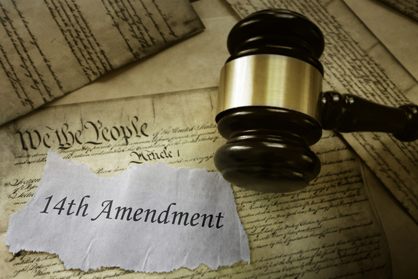
The petition asks for a breakdown of fines issued by the six city agencies of New York including the departments of Consumer Affairs, Finance, Buildings, Health, Transportation and Sanitation. The departments are named as defendants in the suit along with the office of the mayor.
De Blasio said that his review of New York City financial reports showed that between 2000 and 2011 revenues of the city from fines doubled from $400 million to $800 million. He said that small businesses were flooding his office with complaints for being forced to pay “excessive” fines over minor offenses.
In a statement, De Blasio said, “We need answers about what this ‘fine first, ask questions later’ enforcement is doing to our small businesses and their ability to survive in this economy.” He said that his point was underscored by the nearly 40 percent increase in revenues from fines over the last decade, and that city agencies were “raising money by ticketing for anything and everything.”
In May, de Blasio asked the six city agencies to hand over data on the number of violations over the last decade, where they were issued, what type of violations were involved, and the amount of the fines and the list of businesses who paid such fines. The PA also requested information about goals or quotas if any for issuing fines.
De Blasio said in his lawsuit that there has been no response from the concerned city departments for months and the non-response is a “clear violation” of the charter by which the office of the PA was created.
As an instance of over-enforcement, de Blasio cited a family-run grocery store in Brooklyn that was fined $750 by the Department of Consumer Affairs for violating rules about posting return policies on its cash registers. De Blasio also said that small businesses often lacked the resources and means to fight violations, unlike large companies, and are less resilient to the effects of repeated penalties.




































